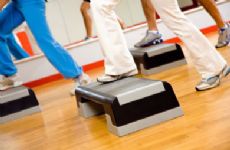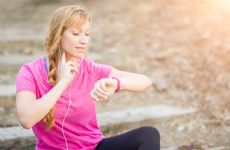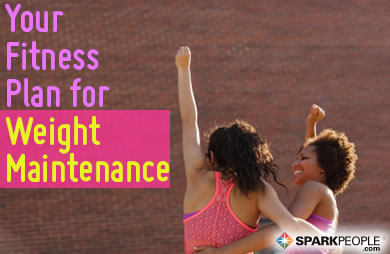|
When most of us think of someone having a heart attack, we picture the typical movie or TV version, where the person grabs his or her chest and falls to the ground. But in reality, a cardiac event rarely occurs in such a dramatic fashion. In fact, you could very well chalk the symptoms up to a case of indigestion. The American Heart Association reports that heart disease is the number one killer of women, claiming the life of one woman every 80 seconds. A staggering 90 percent of females have at least one risk factor (such as high blood pressure, obesity or a smoking habit). But according to new research released by Treato, a healthcare analytics site that compiles billions of patient experiences each year, most women don't recognize a heart attack when it happens to them. Missing the Signs In this study, Treato analyzed more than 600 iterations of women discussing heart disease on more than 170 websites. The findings revealed a common pattern: A majority of females completely missed the signs of their cardiac event, often receiving treatment long after the episode. In fact, women wait an average of 38 hours longer than men to seek medical attention following a heart-related event. That could be because women's symptoms are typically not as obvious as men's, according to Dr. Annabelle Santos Volgman, cardiologist at Rush University Medical Center. According to Treato, when women found out they'd had a heart attack, most had one of three reactions: "Certainly this couldn't be happening to me," "How did this happen?" and "Better late than never (to get healthy)." Common topics of discussion on the analyzed websites included heart surgery (33 percent) and blood pressure (32 percent). Symptoms and Triggers Among the women who didn't recognize their heart attack, most assumed they were just experiencing dizziness, heartburn or indigestion, and never had any chest pain. Many younger, healthy, non-smoking women never considered that they could be having a heart attack, as they felt they didn't match the at-risk profile. When reflecting back on their cardiac event, many women identified stress as the biggest trigger, followed by poor diet, high cholesterol, high blood pressure, obesity and family history. If you experience any of these common symptoms of a heart attack, call 911 immediately:
Looking Ahead to a Healthier Future Another common thread in women's online discussions about heart disease was a strong desire to adopt healthier lifestyles. Many seemed empowered by their close call, and expressed their intentions to eat better and exercise more often. "It's clear that there's a major education opportunity when it comes to women's heart health," says Ido Hadari, CEO of Treato, in a press release. "Social data analytics have the potential to uncover significant population health challenges that need to be addressed by healthcare professionals." According to the AHA, 80 percent of heart attacks and strokes can be prevented by lifestyle changes and education. The best weapon against heart disease is knowledge. Visit our Healthy Heart Center to learn more about symptoms, prevention and treatment. |
Related Entries
More From SparkPeople
|


.png)
















.jpg)



